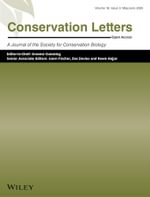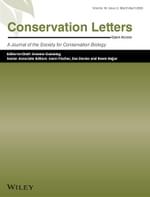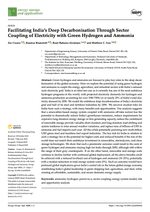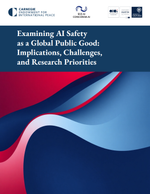Kerstin Hötte, Angelos Theodorakopoulos, Pantelis Koutroumpis
View Journal Article / Working PaperDo automation-induced changes in labor and capital income undermine public revenues? Decomposing taxes by source (labor, capital, sales), we analyze the impact of automation on tax revenues and the structure of taxation in 19 EU countries during 1995-2016. Before 2007 robot diffusion was associated with a decline in total tax revenues and taxes from capital, along with decreasing labor and capital income and output. After 2008, the negative effects diminish. ICTs show a weak negative but persistent effect on total tax revenues and taxes on goods for the full period, and an increase in capital income. Overall, the impact of automation on production and taxation varies over time. Whether automation erodes taxation depends on the technology and stage of diffusion. Concerns about public budgets are myopic when focusing on the short-run and ignoring relevant technological trends.




